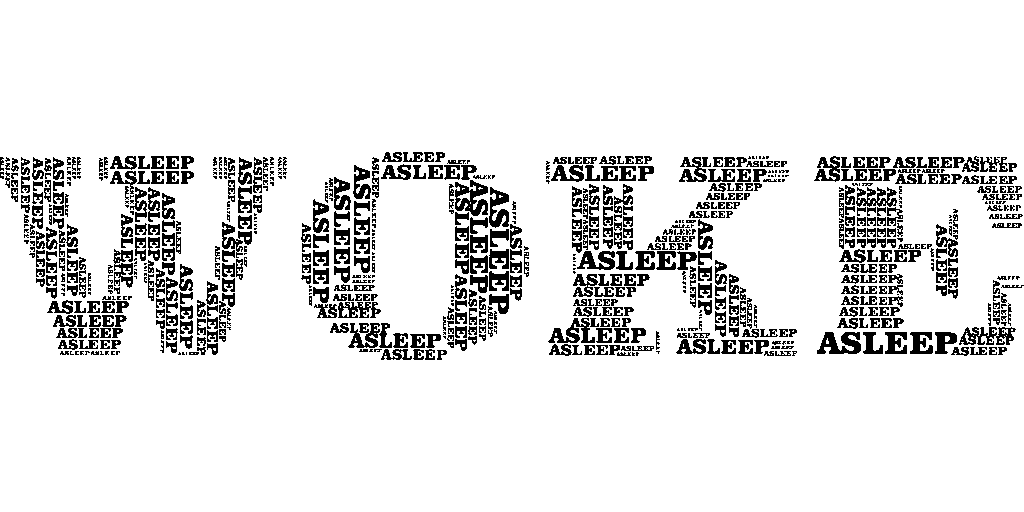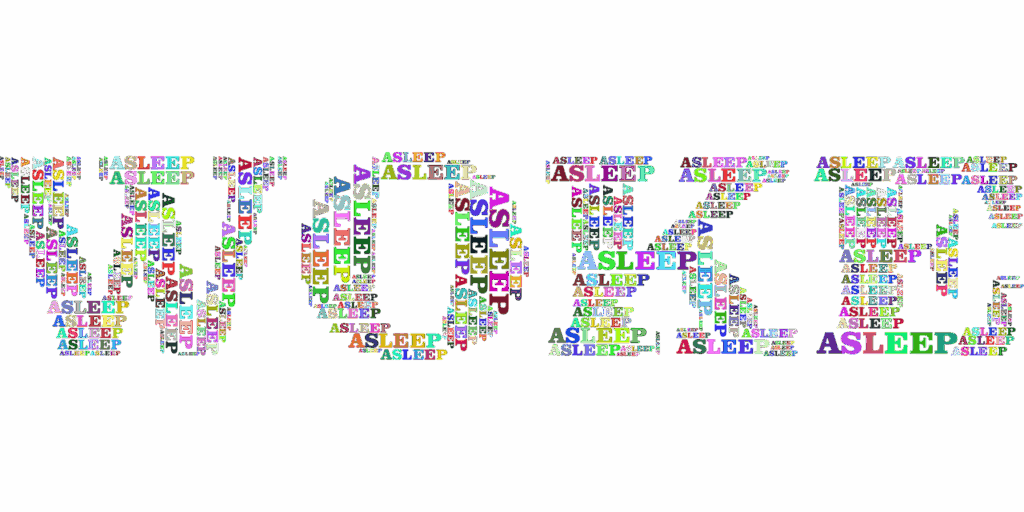In contemporary public discourse, the term ‘woke’ has become an omnipresent, often polarizing, fixture. From political campaign rallies to corporate boardrooms, it is wielded to describe, critique, and even dismiss an array of social and cultural stances. Florida Governor Ron DeSantis, for instance, has made ‘fighting the woke’ a central tenet of his political identity, asserting that his state is ‘where woke goes to die.’ This pervasive usage, particularly ahead of the 2024 election, underscores its significant, if often contested, impact on the national conversation.
Yet, the term’s current political weaponization belies a much richer, deeper, and more nuanced history. Far from a recent invention of the ‘culture war,’ ‘woke’ originates from specific cultural contexts and has undergone multiple transformations in meaning and application over nearly a century. Its journey from a linguistic particularity within African American English to a global political hot-button issue is a testament to its semantic elasticity and the shifting socio-political landscapes it has traversed.
This article undertakes an in-depth examination of ‘woke,’ meticulously tracing its etymological roots, charting its evolution through various cultural and activist movements, and analyzing its profound, multifaceted impact on modern political and economic landscapes. By dissecting its historical layers, we aim to provide a clearer understanding of how a simple slang term came to signify such complex and contentious ideological battles, reshaping public dialogue across industries and nations.
1. Early Origins in African American English (AAE)
The term ‘woke’ is fundamentally rooted in African American English (AAE), emerging as a slang adaptation of ‘awake.’ In this linguistic tradition, ‘awake’ is frequently rendered as ‘woke,’ exemplified by phrases like, ‘I was sleeping, but now I’m woke.’ This linguistic characteristic reflects a broader pattern within AAE, where ‘woke’ functions as the past participle form of ‘wake,’ similar to ‘woken,’ but with a distinct cultural resonance.
Instances of ‘woke’ and ‘stay woke’ referring to a state of alertness or awareness among Black people can be traced as far back as the 1920s. This early usage established its initial meaning within the community: a call to consciousness, to remain vigilant and observant. Its colloquial nature allowed for a direct and relatable expression of a heightened state of perception, particularly pertinent to the lived experiences of African Americans.
Over time, this specific AAE usage of ‘woke’ as an adjective equivalent to ‘awake’ gradually permeated broader linguistic spheres. Its adoption into mainstream American English marks a significant step in its journey, demonstrating how culturally specific terms can transcend their original boundaries and become part of a wider vernacular, albeit often with altered or diluted meanings.
2. Marcus Garvey’s Call to Action (1920s)
One of the earliest and most profound expressions of the concept of ‘wokeness’ as a form of Black political consciousness came from the Jamaican Black nationalist leader, Marcus Garvey. In 1923, Garvey passionately urged Black people to “wake up” as a galvanizing call to action, articulating his vision in his powerful summons, “Wake up Ethiopia! Wake up, Africa!” This was not merely a literal awakening but a metaphorical rousing to collective self-awareness and empowerment.
Garvey further expanded on this metaphor, advocating for a concerted effort “towards the one glorious end of a free, redeemed and mighty nation. Let Africa be a bright star among the constellation of nations.” This sentiment underscored a global vision of Black liberation and unity, positioning ‘wokeness’ as an essential state for achieving national and continental self-determination and recognition on the world stage.
Shortly after Garvey’s influential pronouncements, an early written instance of ‘stay woke’ appeared in the Houston Informer, an African American newspaper, in May 1924. C.F. Richardson clarified its meaning in the context of street slang: “It means that one should ever be on the job; should be on the alert and not rat or sleep at the post of duty.” This aligns precisely with Garvey’s call for vigilance and active engagement, demonstrating an early, consistent understanding of the term as a directive for constant attentiveness to one’s environment and responsibilities.
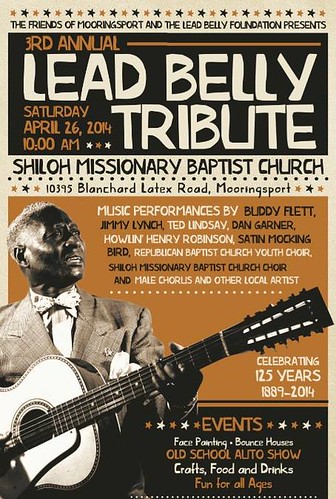
3. Lead Belly and the Scottsboro Boys (1930s)
By 1938, the phrase ‘stay woke’ found a poignant application through the voice of American blues musician Huddie Ledbetter, famously known as Lead Belly. He incorporated the phrase into a spoken afterword for his powerful song, “Scottsboro Boys.” This composition addressed one of the most egregious cases of racial injustice in American history, involving nine Black teenagers falsely accused of raping two white girls in Alabama in 1931.
Lead Belly’s song and its subsequent spoken commentary served as a critical cultural artifact, drawing public attention to the systemic racism inherent in the justice system of the era. The Scottsboro Boys case, widely recognized today as a monumental miscarriage of justice, played a pivotal role in galvanizing the nascent civil rights movement and even loosely inspired Harper Lee’s seminal novel, “To Kill A Mockingbird.”
In his recording, which is believed to be the first audio instance of the word ‘woke,’ Lead Belly directly advised his listeners: “I advise everybody to be a little careful when they go along through there; best stay woke, keep their eyes open.” This usage, as interpreted by Aja Romano of Vox, vividly reflects “black Americans’ need to be aware of racially motivated threats and the potential dangers of white America.” It underscores ‘woke’ as a survival imperative, a constant state of vigilance against racial prejudice and violence.
4. Mid-20th Century: ‘Well-informed’ or ‘Aware’ (1960s NYT article)
As the mid-20th century progressed, the meaning of ‘woke’ began to broaden, evolving from a direct call for vigilance against racial threats to a more generalized sense of being ‘well-informe d’ or ‘aware.’ This shift encompassed political and cultural consciousness, signaling an understanding of societal nuances beyond immediate personal danger. The term started to shed some of its specificity, taking on a more intellectual and observational dimension.
The Oxford English Dictionary traces an early documented usage reflecting this expanded meaning to a 1962 New York Times Magazine article. Titled “If You’re Woke You Dig It,” the piece was penned by African-American novelist William Melvin Kelley and offered insights into the burgeoning cultural landscape of the time. The article explicitly described the appropriation of Black slang by white beatniks, illustrating how linguistic innovations from one cultural group were being adopted, and sometimes altered, by another.
This particular article serves as a significant marker in the term’s trajectory, demonstrating that ‘woke’ was already circulating beyond its original confines within the Black community. It highlighted a moment when elements of Black idiom were being recognized and absorbed into wider American counter-cultural discourse, even as their initial meanings and emotional weight might have been imperfectly understood or diluted by new users.
5. Barry Beckham’s Play and Political Connotations (1970s)
By the early 1970s, ‘woke’ further solidified its political connotations, becoming explicitly linked to a deepened understanding of social systems and the need for collective action. This evolution is notably captured in Barry Beckham’s 1971 play, “Garvey Lives!” The play, reflecting the ongoing struggle for Black liberation and self-awareness, utilized the term to signify a profound ideological awakening.
Within the play, a character delivers the impactful line: “I been sleeping all my life. And now that Mr. Garvey done woke me up, I’m gon’ stay woke. And I’m gon help him wake up other black folk.” This declaration explicitly ties ‘woke’ to the teachings of Marcus Garvey, reinforcing the historical lineage of consciousness and activism. It portrays ‘wokeness’ as a transformative experience, moving from a state of ignorance or inaction to one of informed and sustained engagement.
Beckham’s use of the phrase underscores its growing association with a heightened political consciousness and a commitment to communal uplift. It illustrates how the term was evolving to denote not just personal awareness but a responsibility to educate and mobilize others, echoing Garvey’s original calls for collective awakening. This period cemented ‘woke’ as a term signifying an active, politically charged state of being within the Black community.

6. Erykah Badu’s ‘Master Teacher’ and #Staywoke (2008)
The phrase ‘stay woke’ experienced a significant resurgence and broader popularization in the 21st century, largely propelled by soul singer Erykah Badu. Her 2008 song, “Master Teacher,” featured the compelling refrain, “I stay woke,” which resonated with a new generation and reignited interest in the term. This musical revival marked a crucial turning point in ‘woke’s’ journey into contemporary consciousness.
Merriam-Webster defines ‘stay woke’ in the context of Badu’s song as meaning ‘self-aware, questioning the dominant paradigm and striving for something better.’ While not explicitly tied to specific social justice issues within the lyrical content itself, Merriam-Webster credits Badu’s influential use of the phrase with establishing the groundwork for its subsequent and widespread connection to broader justice-related discussions. The song articulated a personal journey of enlightenment and a quest for deeper truth.
Songwriter Georgia Anne Muldrow, who composed ‘Master Teacher’ in 2005, explained that she learned the invocation ‘Stay woke’ from Harlem alto saxophonist Lakecia Benjamin, who used the expression to mean literally trying to ‘stay up’ due to tiredness. Muldrow’s subsequent embrace of the phrase, writing it on a T-shirt, gradually imbued it with a deeper personal meaning, symbolizing a search for self distinct from mere productivity. This personal appropriation highlights the term’s capacity for evolving interpretations even before its widespread adoption.
Badu further amplified the term’s reach by using the hashtag #Staywoke in an August 2012 tweet to express solidarity with the Russian punk band Pussy Riot, stating: ‘Truth requires no belief. Stay woke. Watch closely. #FreePussyRiot.’ This instance is widely cited as one of the first examples of the #Staywoke hashtag, marking its transition into digital activism and accelerating its spread across social media platforms. It showed how ‘woke’ was beginning to signify a progressive outlook on a host of issues, transcending its original racial context.
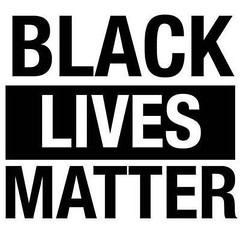
7. Black Lives Matter Movement and Police Abuses (2014)
The meaning and prominence of ‘stay woke’ became irrevocably entwined with the Black Lives Matter (BLM) movement following the tragic shooting of Michael Brown in Ferguson, Missouri, in 2014. In the aftermath of this event and subsequent protests against police brutality, the phrase transformed into a powerful rallying cry for activists, urging heightened awareness of systemic police abuses and racial injustice. It became a watchword within parts of the Black community for individuals who were self-aware and actively striving for a more equitable society.
This period marked a significant inflection point, as ‘woke’ transitioned from a term primarily signaling awareness of racial tension or injustice to a word of action. Activists declared themselves ‘woke’ and implored others to ‘stay woke,’ emphasizing not just a state of knowing but a commitment to active engagement and resistance. The phrase became a cornerstone of online discourse, gaining immense popularity on ‘Black Twitter’ before permeating wider popular culture.
The term’s deepened association with racial justice and police accountability was further solidified by cultural productions such as the 2016 BET documentary, ‘Stay Woke.’ This film explicitly covered the Black Lives Matter movement, visually and narratively linking the term directly to the struggle for civil rights and the ongoing fight against systemic discrimination. While Childish Gambino (Donald Glover) used ‘stay woke’ in his 2016 song ‘Redbone’ in reference to a cheating partner, its subsequent inclusion in Jordan Peele’s 2017 film ‘Get Out’ firmly re-anchored the phrase to its political ‘awareness’ or ‘alertness’ definition, solidifying its place in the lexicon of social and political commentary. The movement’s widespread use of the term during protests and advocacy effectively cemented its contemporary association with racial and social justice activism, establishing it as a critical component of progressive discourse.
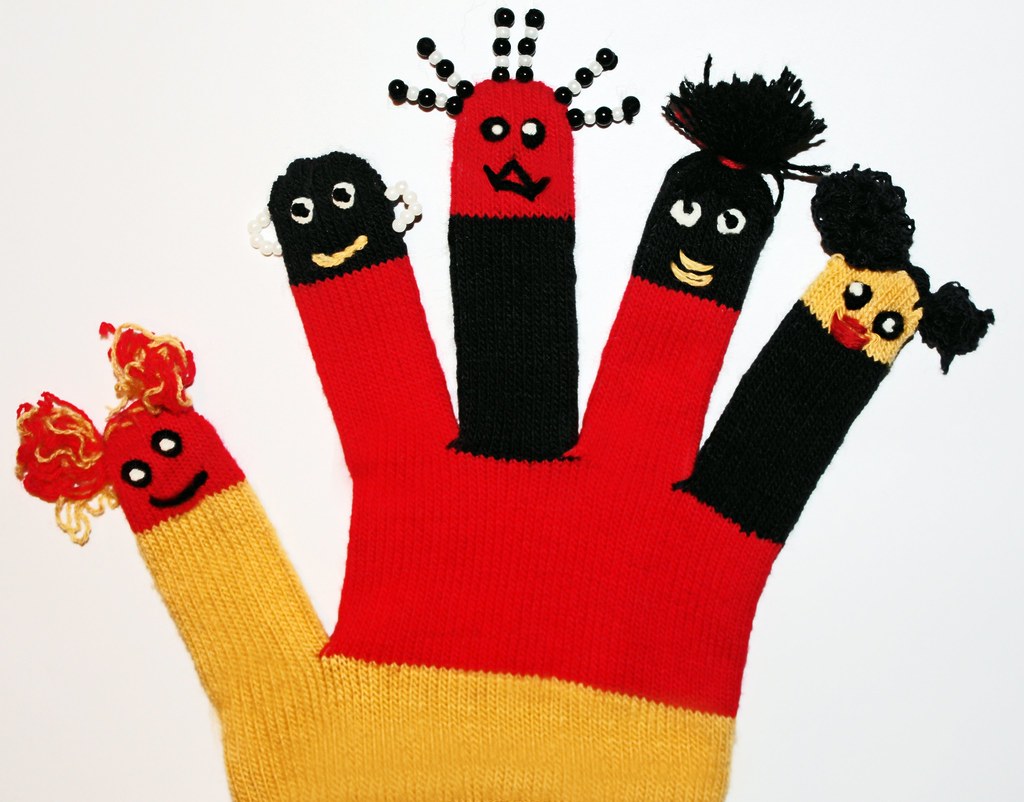
8. Broadening Usage and the Emergence of Progressive Ideologies (2015-2019)
Post-2014, the term “woke” expanded significantly beyond its original focus on African American racial prejudice and discrimination. It swiftly became adopted by various activist groups addressing a wider spectrum of social and economic injustices, marking its transition from a specific call for racial awareness to a more encompassing descriptor for heightened social consciousness across multiple domains. This shift reflected a growing articulation of systemic inequalities in society.
This expansion positioned “woke” as primarily associated with progressive ideas centered on identity and race, including concepts like white privilege or calls for slavery reparations. Communication studies scholar Gordana Lazić defined “woke” as “a heightened awareness of social inequalities and injustices,” establishing it as a foundational element of leftist political ideology, deeply intertwined with social justice politics and critical race theory.
Columnist David Brooks in 2017 characterized “to be woke” as being “radically aware and justifiably paranoid,” cognizant of “the rot pervading the power structures.” This perspective solidified “woke” as shorthand for a critical understanding of systemic inequalities. Its rapid proliferation on “Black Twitter” and subsequent mainstream internet usage by 2015 underscored its growing cultural impact, driven partly by its brevity and suitability for digital platforms.

9. ‘Woke’ Enters Mainstream Culture and Defines a Generation
The assimilation of “woke” into mainstream culture accelerated rapidly, reflected in a dramatic surge in Google searches for the term in 2015. This increased public recognition led to significant linguistic milestones, including the American Dialect Society voting “woke” as the slang word of the year in 2017, underscoring its profound cultural impact.
Further cementing its place, “woke” was formally included as an entry in the Oxford English Dictionary in the same year. This institutional recognition highlighted its progression from a culturally specific term to one understood across broader societal segments, albeit with varied interpretations.
Culturally, “woke” became closely identified with younger demographics, particularly Millennials and Generation Z. Les Echos noted it as one of several terms signaling “a societal turning point” in France. MTV News in 2016 even identified “woke” as a key term teenagers “should know,” solidifying its status as a defining characteristic of contemporary youth culture and their engagement with social issues.
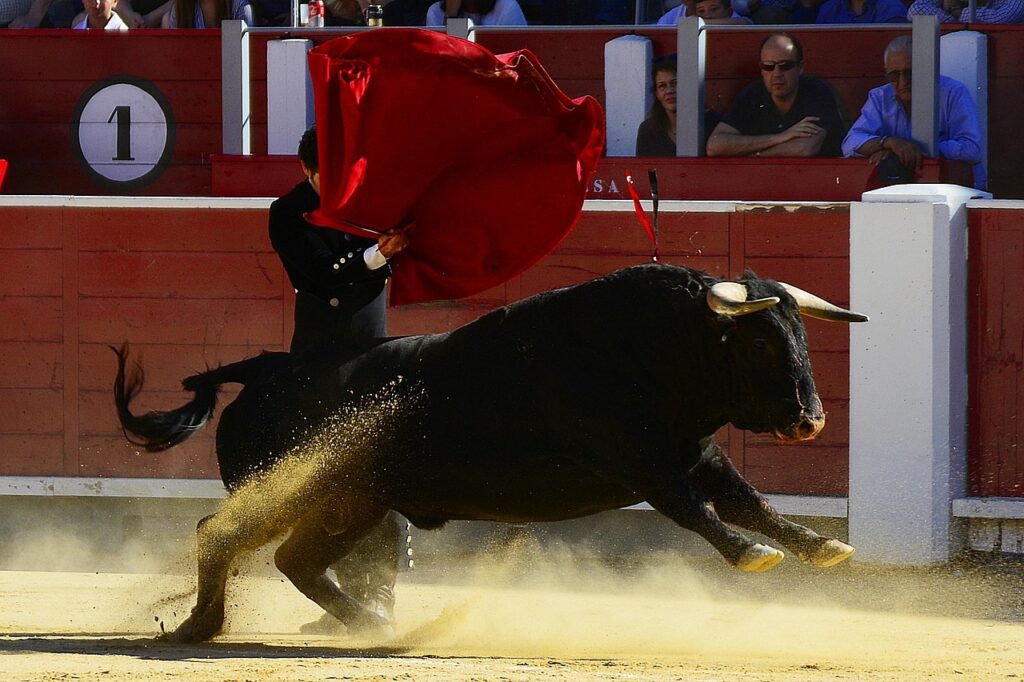
10. The Pejorative Turn: ‘Woke’ as a Term of Mockery and ‘Performative Activism’
Around 2019, the trajectory of “woke” underwent a contentious transformation, becoming weaponized by opponents of progressive social movements. Critics began using it mockingly or sarcastically to dismiss what they perceived as insincere activism or overly rigid ideological stances, often linking it with derogatory terms like “social justice warriors” and “snowflakes.”
This shift fostered the concept of “performative wokeness,” critiquing social media activity or public displays as self-serving, superficial forms of activism—often dubbed “slacktivism.” This perspective argued that online declarations frequently failed to translate into genuine, impactful change, questioning the authenticity of expressed concerns.
Beyond right-wing critiques, some leftists, including writer Daniel Bernabé and philosopher Susan Neiman, expressed reservations that “wokeness” could foster tribalism, potentially distracting from universalist class struggles. In this context, the disapproving sense of “woke” came to mean “following an intolerant and moralising ideology,” according to The Economist, marking a significant ideological battle over the term’s definition.

11. The Business of ‘Woke’: From Woke-washing to Woke Capitalism
As “woke” entered the mainstream, it permeated business and political strategy, leading to critical discussions. The period saw the emergence of “fake woke” behavior, where entities publicly endorsed social justice sentiments without integrating these values into their actual conduct, creating a significant disconnect between rhetoric and practice.
This phenomenon extended to corporate actions, spawning “woke-washing”—the strategic use of social movements by companies to enhance image or sales without genuinely contributing to social change. It represented a form of marketing that leveraged social justice without substantive commitment, turning progressive ideals into a brand accessory rather than a core value.
Similarly, “woke capitalism” described a company’s public support for and investment in social issues. Critics often scrutinize such initiatives to ascertain if they represent genuine ethical commitments or merely calculated attempts to appeal to socially conscious consumers, often termed “virtue signaling.” The underlying economic impact and market trends remain a crucial analytical lens for these corporate engagements.

12. The “Woke Right”: A Contested Expansion of a Shifting Term
The term “woke” took an unexpected turn by 2025 with the emergence of the “woke right.” Commentators like Jonathan Chait described this phenomenon where certain right-wing factions appropriated tactics traditionally associated with the “woke left”—such as “language policing” and “historical revisionism”—but deployed them “in the service of the MAGA coalition,” primarily for white Christian males, marking a striking ideological inversion.
Jonathan Rauch characterized this “woke right” as employing “canceling” behaviors against opinions contrary to conservative beliefs. He noted they “learned from the left” that controlling discourse through fear of being canceled could make minority views appear as majority. This highlighted a tactical borrowing transcending traditional ideological divides, focusing on narrative control.
Linguist John McWhorter analyzed this semantic broadening, comparing “woke” to “politically correct,” arguing it shifted to “a conspiracy-focused and punitive orientation to social change” irrespective of traditional left-right alignments. This complex interplay, even extending to its use by pro-Israel sources against conservative critics, profoundly complicated public understanding of the evolving term.
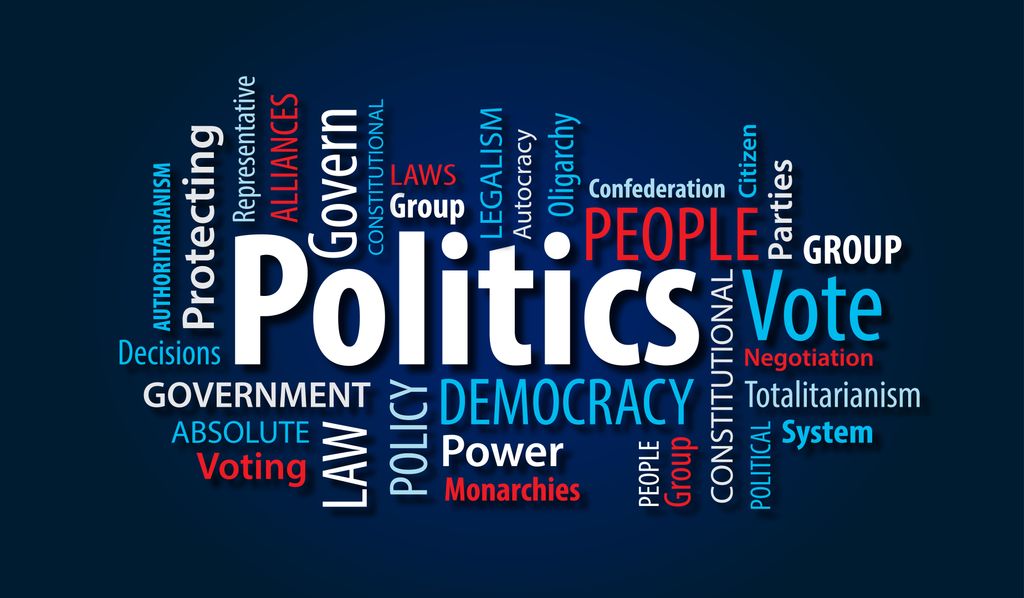
13. ‘Woke’ in American Politics: Conservative Backlash and Criticism
In American politics, “woke” has been weaponized by conservatives and centrists as a term of insult. Republicans frequently deploy it against Democrats, and moderate Democrats against their left-leaning counterparts. A key critique centers on perceived “cancel culture” used by “woke” individuals to damage the careers of those not sufficiently aligned with progressive views.
This “anti-woke posture,” as Perry Bacon Jr. described, aligns with a long-standing Republican strategy of “backlash politics,” mobilizing anxieties in response to African American activism and evolving cultural norms. This narrative frames “wokeness” as a threat, with critics often asserting that movements like Black Lives Matter exaggerate social problems.
Conservative policy reflects this, notably Florida’s “Stop WOKE Act” limiting racism discussions in schools. Governor Ron DeSantis famously declared Florida “where woke goes to die.” Former President Donald Trump, despite mixed rhetoric, repeatedly used “woke” to criticize the military and his administration, asserting it was “destroying” the country. Elon Musk popularized the “woke mind virus” phrase, framing “woke” ideas as existential threats.
The political mobilization culminated in initiatives like Trump’s 2025 executive order “Preventing Woke AI in the Federal Government,” prohibiting AI favoring diversity and inclusion, and the “conservative cancel culture” following the Charlie Kirk assassination. Even former President Barack Obama, from a centrist position, cautioned against the excesses of “woke culture,” particularly “public shaming and ideological rigidity,” advocating engagement for meaningful change.

14. The Global Reach and Diverse Criticisms of ‘Woke’ Ideology
The contentious “woke” discourse has proliferated globally, becoming a political and cultural flashpoint across continents. In Canada, the political right employs it to discredit policies deemed overly progressive, exemplified by debates over mandatory Indigenous Canadian history training. This highlights a shared conservative apprehension regarding evolving social justice mandates.
Across Latin America, notably in Brazil, “woke” has entered the political lexicon. Federal deputy Kim Kataguiri accused the Lula government of promoting a “woke agenda” through proposals to tax streaming services and mandate content quotas from “identity groups,” impacting legislative and economic discussions.
Europe has become a battleground, often framing “woke” as an American import. Hungary’s Balázs Orbán vowed to fight “woke ideology.” In France, “le wokisme” critiques anti-racist movements, with figures like Jean-Michel Blanquer organizing “anti-woke think tanks,” linking “wokism” to “Islamo-leftism,” and framing it as an “anti-Republican political religion” against “white European civilization.”
In the United Kingdom, anti-wokeness is a dominant theme among Conservatives and right-wing media, with GB News explicitly “anti-woke” and The Mail on Sunday publishing a “Woke List.” Former PM Theresa May, paradoxically, defined herself as “woke” in its original sense of recognizing discrimination. Oceania, too, has seen leaders like Australia’s Morrison and Albanese, and New Zealand’s Peters and Collins, distance themselves from or criticize “woke” policies.
This global proliferation underscores “woke” as an elastic and contested term. What began as a call for vigilance in African American English has transformed into a powerful, often pejorative, shorthand for diverse progressive stances, frequently criticized for ideological rigidity, economic implications, and perceived threats to national identity. The ongoing debate confirms its enduring, divisive impact on contemporary public discourse.
Read more about: Megyn Kelly’s Radical Evolution: How a Fox News Star Became an Independent Media Powerhouse and Unflinching Conservative Voice
The journey of ‘woke’ from a specific linguistic expression within African American English to a global political hot-button issue is a compelling narrative of semantic elasticity and profound shifts in socio-political landscapes. What began as an imperative for vigilance against racial injustice has morphed into a complex signifier, often strategically wielded in contemporary cultural and economic battles. Its evolution underscores how deeply embedded language is in our ongoing dialogues about justice, identity, and societal progress, continuing to shape public discourse and reflect the ideological divisions of our time.

